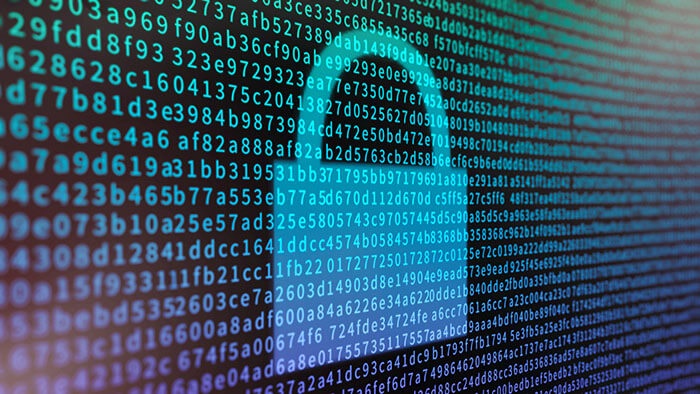
A private note, a secure messaging app, offers end-to-end encryption (E2EE) and other security features to protect your messages and data. But when is the most productive time to use a private note? Before delving into the productive uses of a private note, it’s essential to understand the privacy concerns surrounding online messaging. Traditional messaging apps and email services often lack robust security measures, leaving your messages vulnerable to interception and data breaches. When messages are not encrypted, they are easily read by anyone who intercepts them. This includes cybercriminals and messaging service providers, who may have access to your message content.
Messaging platforms that store your messages on their servers are susceptible to data breaches. Hackers who gain access to these servers steal sensitive information, including your message history and personal details. Even if the message content is encrypted, metadata such as the time, date, and conversation participants can still be exposed. This metadata reveals a lot about your communication patterns and relationships.
In some countries, government agencies legally compel messaging services to hand over user data, including message content. A private note addresses these privacy concerns by employing strong encryption protocols, minimizing data storage on the central server, and additional security features to protect your messages and personal information.
Productive uses of a private noter
Now that we’ve established the importance of online messaging privacy, let’s explore the key scenarios where using a private note can be highly productive:
- Confidential business communications
For businesses dealing with sensitive information the privacy and security of online communications is crucial. A private note can be immensely productive in facilitating confidential business conversations, whether discussing proprietary strategies, financial data, or client details.
- Protect intellectual property-Securely exchange ideas, designs, and other intellectual property without fear of interception or theft.
- Ensure data privacy-Comply with data privacy regulations, such as GDPR or HIPAA, by safeguarding sensitive client and employee information private note.
- Facilitate secure collaboration– Enable remote teams to collaborate effectively while keeping internal communications confidential.
- Enhance customer trust-Demonstrate a commitment to data security and build trust with clients who value privacy.
For example, a law firm uses a private note to discuss case strategies and share sensitive client information securely. Similarly, a financial services company protect proprietary trading strategies and ensures the confidentiality of client financial data.
- Sensitive personal conversations
Beyond the business realm, a private note is also ideal for personal use when discussing sensitive or private matters. This could include anything from sharing personal health updates with family members to discussing relationship issues with a close friend.
- Protect your privacy-Keep intimate details of your life private and prevent unauthorized access to your conversations.
- Share health information securely– Discuss health concerns, exchange medical reports, and seek support from loved ones while maintaining data security.
- Confide in friends and family– Have honest and open conversations about personal issues, knowing your messages are encrypted and protected.
- Activist and whistle-blower communications
In certain situations, individuals may need to engage in sensitive communications that require an extra layer of protection. Activists, journalists, and whistle-blowers often handle sensitive information that, if exposed, could lead to serious repercussions.
- Activist organizing– Planning and coordinating protests, campaigns, and other activist efforts while avoiding government surveillance or interference.
- Journalistic sources-Protecting the identity and communications of confidential sources who provide sensitive information to reporters.

